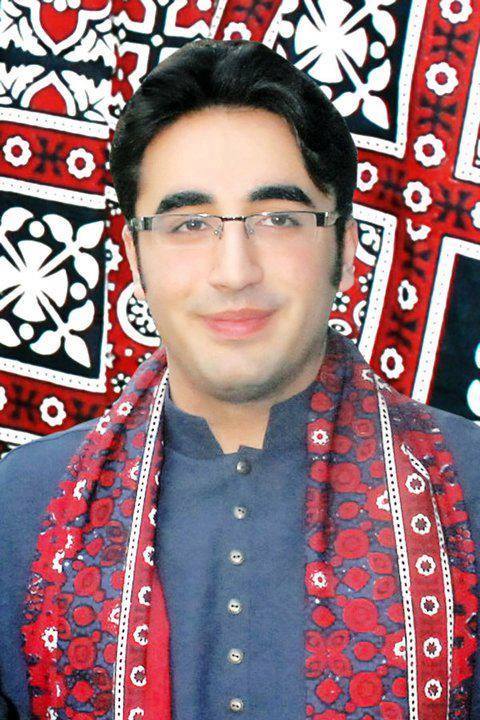23 March! the day of my Birthday and 23rd March is Pakistan Resolution Day, I guess i’m important for Pakistan! 🙂
Category: More
My First Editorial…
ماہ مارچ کی اہمیت
مارچ سال کا تیسرا مہینہ اور سردی کا آخری مہینہ کہلاتا ہے23 مارچ قرارداد پاکستان کی منظوری کی وجہ سے یہ ماہ تاریخی اہمیت کا حامل ہے۔ مارچ کے شروع کے پندرہ دنوں میں مختلف مذاہب کے تہوار منائیں جاتے ہیں ۔ اس ماہ کا برج حمل بھی ستاروں کے حساب سے پہلا برج مانا جاتا ہے۔ قدیم روم میں یہ سال کا پہلا مہینہ ہوتا تھا اور اس کا نام قدیم روم کے جنگ کے دیوتا ماس کے نام پر رکھا گیا تھا جو پھر بعد میں مارس اور پھر مارچ میں تبدیل ہو گیا۔مارچ کے مہینے کی ایک اور خاص بات ہے اور وہ ہے ( International Women’s Day) خواتین کے لئے منایا جانے والایہ دن 8مارچ 1914سے منایا جاتا رہا ہے۔ معاشرے میں خواتین کا مقام ہمیشہ موضوع زیر بحث رہا ہے۔ہندو مذہب کی روسے عورت کی حیثیت پاو¿ں کی جوتی کی سی تھی اگر پاو¿ں میں پوری آئی اور اچھی لگی تو پہن لی اگر نا گوار خاطر ہوئی تو اسے الگ کر دیا۔اسلام سے پہلے عورت کو حقیر اور کم تر حیثیت کی حامل سمجھا جاتا تھا اور کسی گھر میں لڑکی کا پیدا ہونا شرمندگی کا باعث سمجھا جاتا تھا۔لیکن اسلام نے اس عقیدہ کو ختم کر کے عورت کو عزت دی انہیں ان کے جائز حقوق دلوائے۔موجودہ سائنسی دور میں ترقی کے نتیجے میں پیدا ہونے والی مغربی تہذیب نے بظاہر عورت کو مرد کے مساوی حقوق دیئے ہیں اسے دفتروں، دکانوں، کارخانوں، کلبوں اور ہر شعبہ حیات میں مردوں کے شانہ بشانہ کام کرنے کا تصور پیش کیا ہے ۔فرانس جیسے ترقی یافتہ اور فیشن پر ستوں کے ملک میں عورت کو ووٹ دینے کا حق حاصل نہیں تھا کچھ سال پہلے یہ حق انہیںدیا گیا ہے۔اس وقت بھی امریکہ جیسے امیر ترین ملک میں کام کرنے والی عورتوں کو مردوں کے مقابلے میں آدھا معاوضہ ملتا ہے۔زندگی کے ہر شعبے میں مسلمان خواتین نے مثالی کردار ادا کئے عمل و ادب کے میدان میں، جنگ کے میدان میں اور سیاست کے میدان میں غرض کے اب تو ہر شعبہ میںنمایاں کارنامے انجام دیئے۔والدہ یعنی بڑی اماں، جہا نگیر کی ملکہ نور جہاں، ہارون الر شید کی ملکہ زبیدہ اور موجود ہ دور میں سابقہ وزیر اعظیم شہید محترمہ بے نظیر بھٹو کی کامیاب مثالیں ہمارے سامنے موجود ہیں۔ اور صرف یہی نہیں شاید ہی ایسا کوئی شعبہ ہو جس میں مسلمان خواتین نے اپنا بہترین کر دار ادا نہ کیا ہو۔8مارچ کو International Women’s Day کا دن مناتے ہوئے ہم اپنے اس تازہ شمارے میںخواتین کو خارج تحسین پیش کرتے ہیں اور ان کی ہمت کو داد دیتے ہوئے انہیں سلام پیش کرتے ہیں۔
Finally..!!! I Find The Story Behind My Name
One day my teacher ask me about my name ans what is the meaning of name Sorath, and i ask to my dad why he choose this name for me even he don’t know about the meaning, He said that the Sorath was a Queen a brave Queen and i want you to be brave like her.
My dad was impress from the character of Queen Sorath.
But i always try to know about Queen, i never find anything it was like mystery i mean how is this possible no one knows anything about her about Queen!!If i ask to people in the village they told me scary stories, one old women said that behind the name of Sorath there is a Secret. then i decide to change my name,
Now in feb 15 2014 finally i try to search about Queen Sorath, then i find the book, book name is ( Sorath Rai Diyach) in Sindhi language. here is some details about Queen Sorath,
Sorath was the queen of King Rai Diyach of Girnar, Junagadh now in Gujarat who sacrificed herself for the sake of her love for husband.
Diyach gave his head to wandering minstrel and followed him to the world of dead.Highly pleased with the songs of minstrel,Bijal,Diyach offered him to ask for anything he liked to have.As the intrigues of fate would have it,his son asked for his head.
The kind and generous king gave it.
Now the song resounded in Sorath’s head.She bid farewell to life and to the pain of separation from him.
sur sorath is one of 30 surs(chapters) of shah jo risalo in that touching points of the well-known tale of rai diyach and sorath
raja dhaj, ror kumar or rai diyach, a name by which he is better known among sindh i rajput s when they listen to the ballad of sorath,
sorath rai diyachis one of the historical romantic tales from sindh stan . it is included in seven poor tragic
the other six tales are umar marui, sohni mehar, sasui punhun, momal rano, sorath rai diyach and laila chanesar commonly known as seven
the other six tales are umar marui, sohni mehar, sasui punhun, noori jam tamachi, sorath rai diyach and momal rano commonly known as suhni, sasui, lila, mumal, marui, nuri and sorath, are not in chronological sequences, for the sufi poet in his state of ‘wajd’
My favorite politician

Be Proud of Your Culture and Love Pakistan (Bilawal Bhutto Zardari),
Lots of people ask me why you support him?
My Answer: Everyone have their own point of views, in my point of view he is a good politician.
They: You support him because he is sindhi? Right?
Me: Close the discussion.


